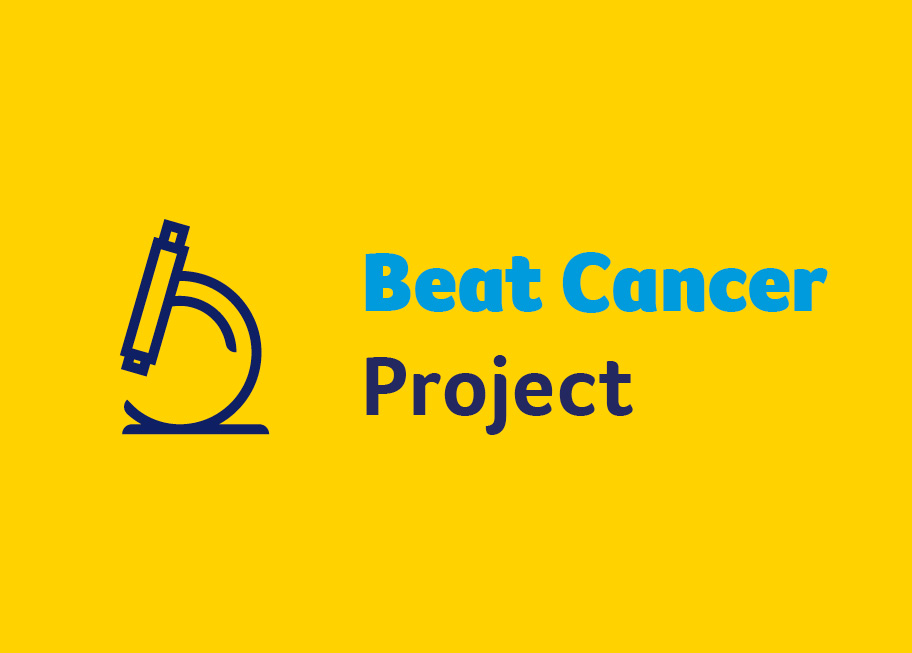
Donor Funding: $299,803
Cancer Type: Leukaemia
Cancer Stage: Treatment
Funded in: 2023
Dr Laura Eadie
South Australian Health and Medical Research Institute
T-cell Acute Lymphoblastic Leukaemia (T-ALL) is a genomically complex, high-risk disease. The principal clinical issue is treatment resistance. More effective, targeted treatments are urgently required. Recurring, rare and novel oncogenic mutations contributing to T-ALL development are increasingly identified through next generation sequencing. However, only the most common mutations have been studied, usually in isolation. We know co-occurring mutations interact, so treating patients with a single therapy arm (eg: chemotherapy) often fails to yield long-term clinical benefit and disease relapse with poor survival outcomes common.
To maximise clinical impact, better understanding of the functional interplay between multiple co-occurring mutations is required, so we can devise targeted combination treatment approaches. I have curated the third largest T-ALL patient cohort, with accompanying genomic sequencing analyses, in the world. I will generate real-time genomic data for Australian T-ALL patients and with my team, examine efficacy of re-purposed drugs and novel combination therapeutic strategies to provide therapeutic options for pre-emptive intervention in the case of therapy-resistant disease. We will do this with laboratory modelling, transcriptomic sequencing and establishment of mouse avatars for patients with specific genomic alterations.
My program will explore novel genomic alterations identified in Australian T-ALL patients for leukaemia-causing ability, determine functional relationships between co-occurring mutations, identify effective targeted therapies and test these therapies in in vitro and in vivo models. My program fulfils an un-met pre-clinical need by providing validated, targeted therapies for relapsed T-ALL patients with extremely poor outcomes. Ultimately, my research will contribute to precision medicine for T-ALL patients.